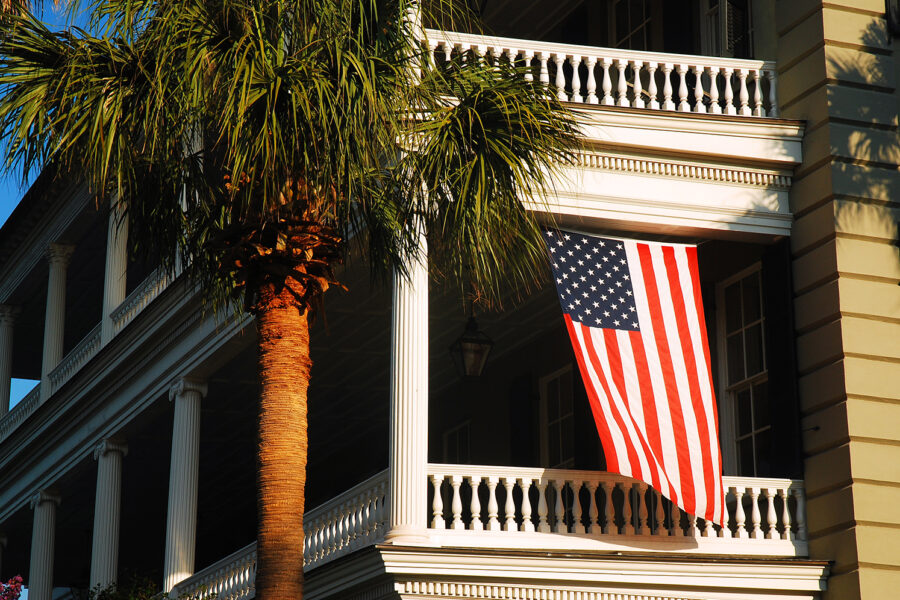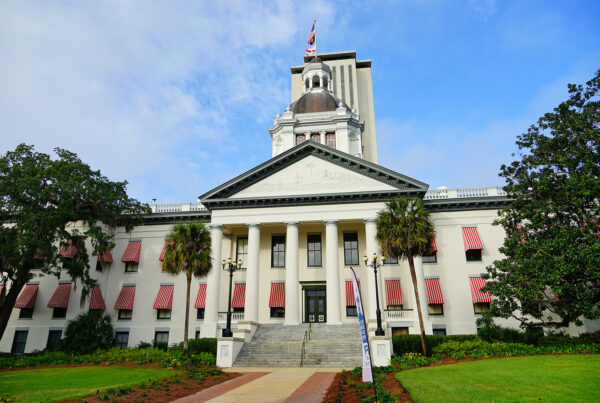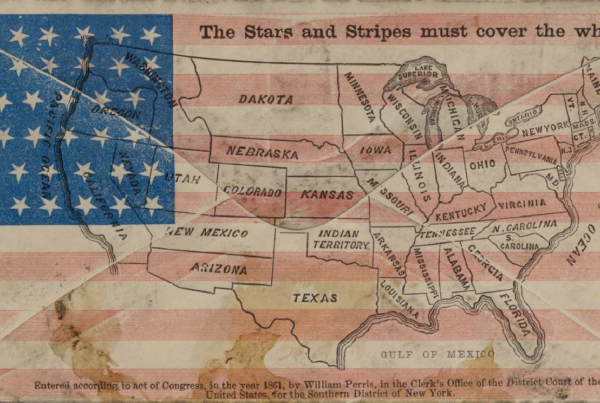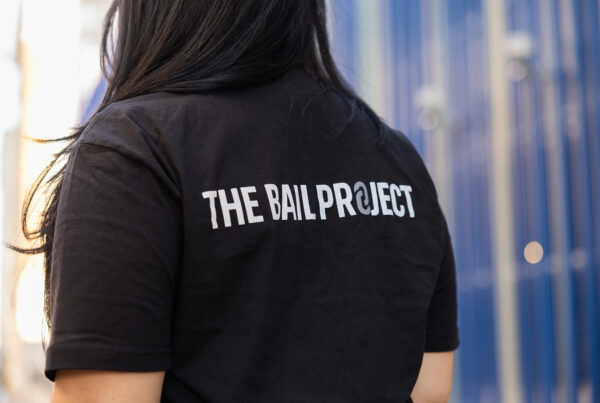(LOS ANGELES, CA) – The Bail Project, a national nonprofit that provides free bail assistance to low-income individuals while working to end cash bail, announces the launch of BAIL OUT the SOUTH, a new phase of expansion that will focus on bringing the organization’s services to thousands of people in Black and low-income communities in the South, particularly Deep South states.
Launched in 2018 through TED’s Audacious Project, The Bail Project currently operates in 25 jurisdictions across the United States and has posted $41 million in free bail assistance for more than 16,000 low-income individuals. Using stories to highlight the human impact of cash bail and data from its program, The Bail Project makes the argument that cash bail is not only unjust, but unnecessary, and proposes a model of Community Release with Support as an alternative.
Through BAIL OUT the SOUTH, The Bail Project plans to double its reach in the South in 2021 with a focus on Mississippi, Alabama, South Carolina, and Florida.
“Ending cash bail is one of the defining civil rights and racial justice issues of our day,” said Robin Steinberg, CEO and Founder of The Bail Project. “While the harmful effects and injustice of cash bail and pretrial incarceration are widespread across the country, they are most acute in the South. BAIL OUT the SOUTH stems from our commitment to go where need is greatest as we work more broadly to advance bail reform, eliminate cash bail, and ultimately put ourselves out of business.”
According to data collected by the Vera Institute of Justice, the South has the highest rates of pretrial jail incarceration in the country. Seven of the ten states with the highest incarceration rates in the U.S. are in the South, and the region is ground zero for the devastating impact of mass incarceration and cash bail on Black Americans. Of all Black Americans in jail in the U.S., nearly half are in Southern jails.
Research from the Prison Policy Initiative shows that judges are more likely to set higher bail amounts for Black people, who are also less likely to be able to afford it. Inability to pay bail makes the accused more likely to plead guilty, forfeit their right to trial, and receive a longer sentence than individuals similarly charged but at liberty throughout their pretrial process.
“The current cash bail system feeds mass incarceration and is a linchpin of systemic racism in the criminal legal system,” said Twyla Carter, National Policy Director at The Bail Project. “Ultimately, bailouts are not the long-term solution to this problem, but they are an effective strategy for helping those who are trapped and suffering right now. We look forward to working with local partners and leaders to push for lasting policy reforms that end cash bail by investing in public health approaches to safety and community-based alternatives to incarceration.”
We need your help to secure freedom for people trapped behind bars because of unaffordable bail.
Your support gives hope to the thousands of people still trapped in pretrial detention. We’ve supported more than 40,000 clients through free bail assistance and community-based support services like affordable housing and healthcare, and mental health services. You can help secure the freedom of thousands more.
The Bail Project is a 501(c)(3) nonprofit organization that is only able to provide direct services and sustain systems change work through donations from people like you.











